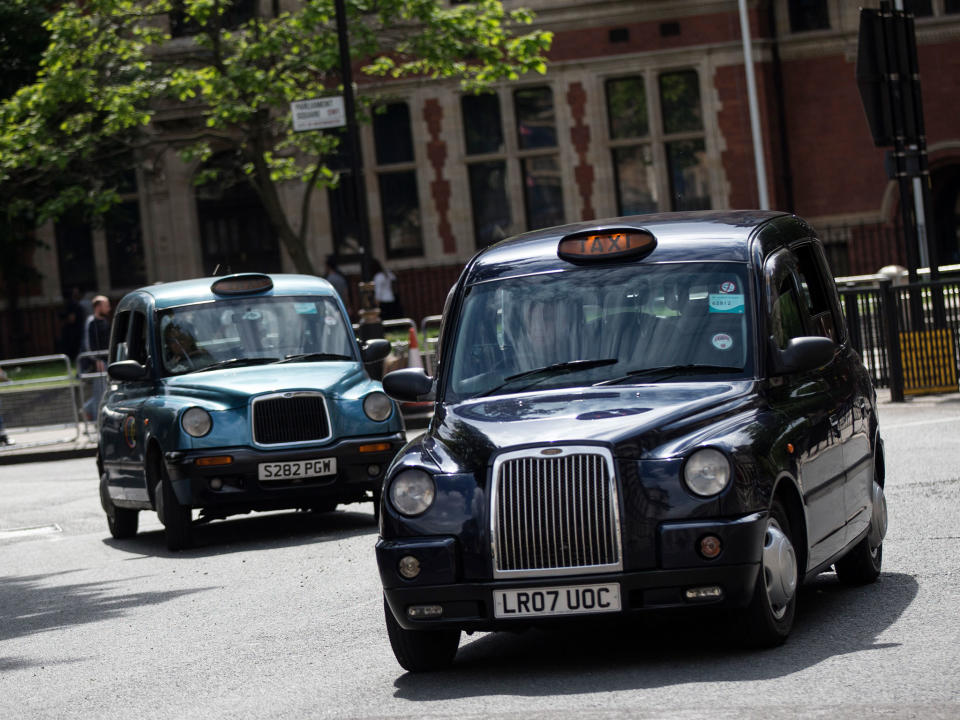All new London black cabs must be battery powered within eight months

London’s iconic black cabs are set to go green as the capital attempts to clean up its dirty air.
From 1 January 2018 all new taxis will have to be battery powered electric models, as the city attempts to phase out diesel engines.
Air pollution causes around 40,000 premature deaths every year in the UK, nearly a quarter of them in the capital.
Transport for London (TfL) is pushing ahead with an £18m upgrade of the city’s power grid to charge the new vehicles, in addition to charge points for other road users.
It aims to have 75 charge points installed by the end of the year and 300 across the city by 2020.
Taxi drivers will also be entitled to a discount of £7,500 for the cost of a new taxi, and will run a decommissioning scheme for older cabs.
“Urgent action needs to be taken to clean up London's toxic air and rid the Capital of the most polluting vehicles,” said Ben Plowden, the organisation's Director of Surface Strategy and Planning.
“An extensive rapid charging network is fundamental in helping drivers make the shift from fossil fuels to electric.
“This is particularly important for the taxi and private hire trades and the fleet and freight sector, which over the next few years will be looking to dramatically increase the number of journeys made with zero-exhaust emissions.”
While TfL is investing millions in developing the network, it will be funded, maintained and operated by a group of private companies: Centrica Consortium, BluepointLondon, Chargemaster, Electricity Supply Board (ESB) and Fastned.
Different charge points will be owned by different companies.
TfL said a competitive market is being created with the aim of keeping prices low and guaranteed a maximum price for two years for pay-as-you-go customers.
Shirley Rodrigues, Deputy Mayor for Environment, said: “This investment in London's infrastructure is great news for the capital. It will help to shape a new competitive market for rapid charging points, preparing for new taxis as we look to phase out diesel and make the move towards ultra-low emission vehicles to help clean up London's toxic air."

 Yahoo News
Yahoo News 